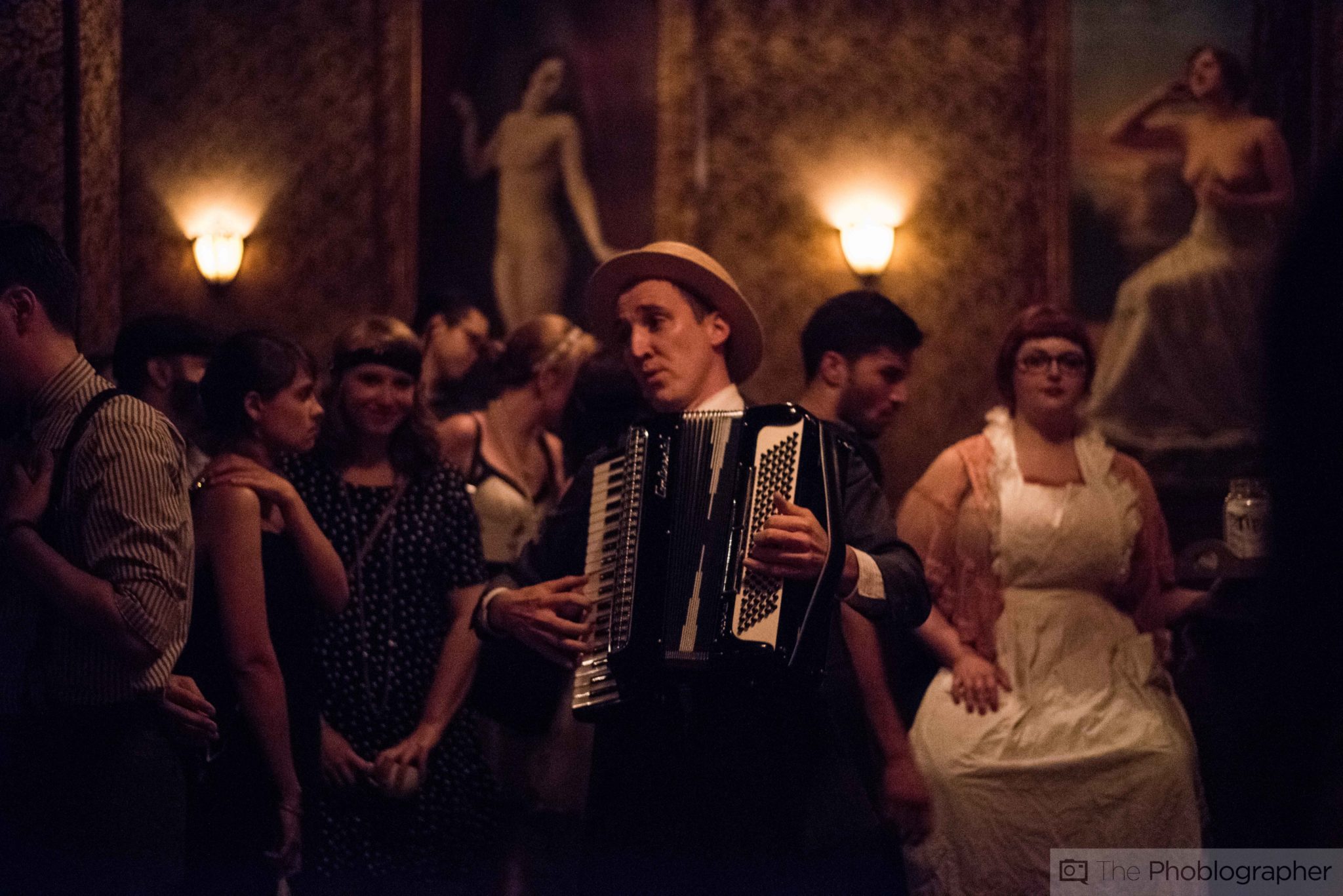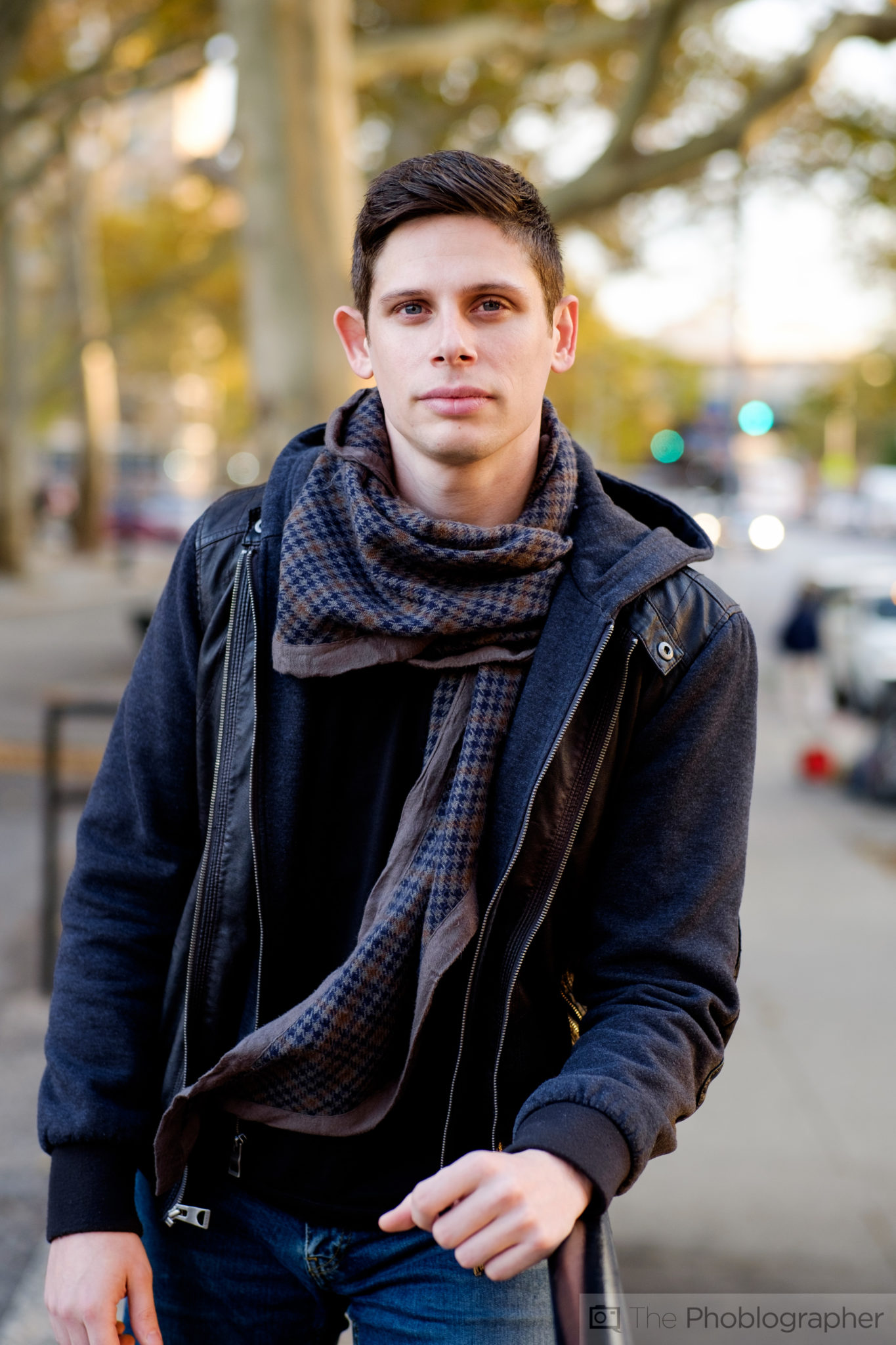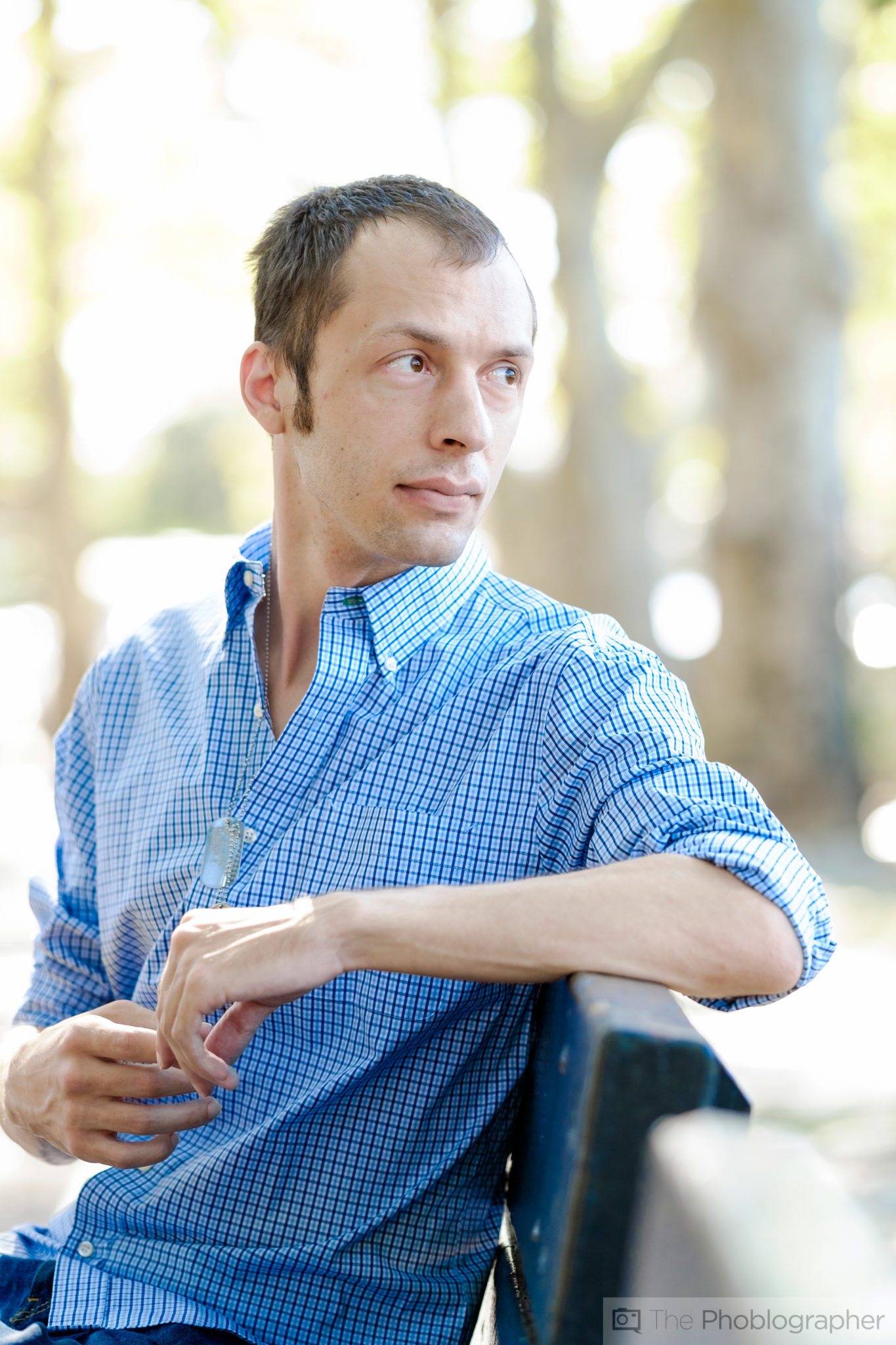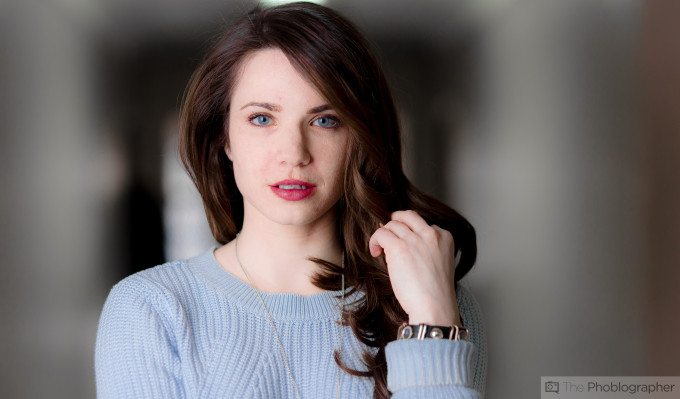Last Updated on 08/29/2016 by Chris Gampat
One of the toughest things that every photographer has to learn is how to say no–but once they do, they eventually find out just how incredibly empowering it is. You, yes you reading this piece, are most likely a person that defines yourself as a photographer. If you aren’t then the chances are that someone or various people in your circles define you as one. It’s a label, and for that reason you’re probably looked at as the “friend with a camera”–which is a common term that agents for actors and actresses use. Of course, this also means that you’re in some way or another the old reliable person to take a picture.
And let’s be honest, you’ve probably gotten the inquiries from your friends and family who generally don’t understand exactly what you do, your interests, or your specialties. If you’re still starting out, you probably don’t even know your own interests.
Here are list of those inquiries we’re talking about:
Oh! You shoot photos, can you shoot our wedding?
If you don’t know any better, and if you genuinely one day want to shoot weddings as a profitable side-gig or career, then by all means go right ahead and shoot that wedding. This will be a valuable life experience as will any sort of gig in a field that you’re actually interested in. What you’ll learn is that the romanticized notion of simply sitting there and capturing the moments as they happen is met with resistance at times from people who don’t want their pictures taken. But it will be your job as the photographer to make it happen. You’ll deal with angry people and you’ll need to figure out a way to disarm them. You’ll also deal with overly drunk people that will take up a lot of your time.
And it’s okay: many people that shoot one wedding never want to go back to doing them again.
Beyond all this, you’ll deal with a couple that wants this service from you for free. You can do that if you want, but these people should keep in mind the old phrase “If you don’t want to pay for a professional, just wait until you see how expensive an amateur is.”
What you’ll end up seeing is that you either will only want to be a second shooter or not want to shoot weddings at all because dealing with people can be tough.
Now before you go on, this isn’t at all a post that is supposed to discourage you from doing these things. But instead, it’s supposed to make you think carefully about the reality. Gig photography has a business side where money trades hands. So, you’ll need to convince someone that your work is worth your fee. When you do you’ll reap some wonderful rewards, but you’re also going to run into people that will say no to you too–and so what you’ll learn is that maybe that person wasn’t the target audience for your business.
When a photographer is still defining who they are as an artist or as a pure enthusiast, they’ll take pictures of everything. There’s nothing inherently wrong with this at all–if you’ve got a passion you should be passionate and captivated by it. As you continue to define who you are as a photographer, what you’re going to find is that you’ll want to say no. Here’s what that’s going to sound like:
- No, I don’t want to shoot your wedding. I really don’t like the stress of capturing one of your most precious moments.
- No, I don’t want to do your maternity shoot. I’m not good at posing people, but I love you all the same as friends or family.
- No, I don’t want to shoot your party because I’m probably not equipped to do a good enough job.
- No, I can’t shoot your party because the last time I did that, someone spilled a drink on my flash and it won’t work anymore.
- No, I can’t do your headshots because I’m not really the type of photographer that shoots that kind of stuff.
Notice a trend here? Lots of commercial photographer involves getting tangled with other people. Introvert or extrovert, your personality doesn’t matter because you’re going to need to get a job done. So eventually you’re going to say no.
When you’re a professional photographer, you’re going to find yourself wanting to say no. Take, for example, a photographer that shoots professional headshots. Now let’s list some obvious things about them:
- They’re good at working with people.
- They’re equipped to work with and photograph people.
- They know how to make people look good on camera.
And now let’s analyze some other obvious things about what they’re not:
- They’re probably not a sports shooter because it requires different skills.
- They’re probably not a landscape shooter, that also requires different skills.
- They’re probably not a conceptual shooter, rarely anyone is conceptual. Let’s be honest.
- They’re probably not so great with photographing events because a portrait photographer takes a lot of control over a scene.
Makes sense, right?
Vice versa happens too–one can’t necessarily expect a landscape photographer to have the skills to shoot architecture, but it could be possible. Typically though, just be cognisant of one major reality of photography: No one can shoot everything as well as they can one thing.
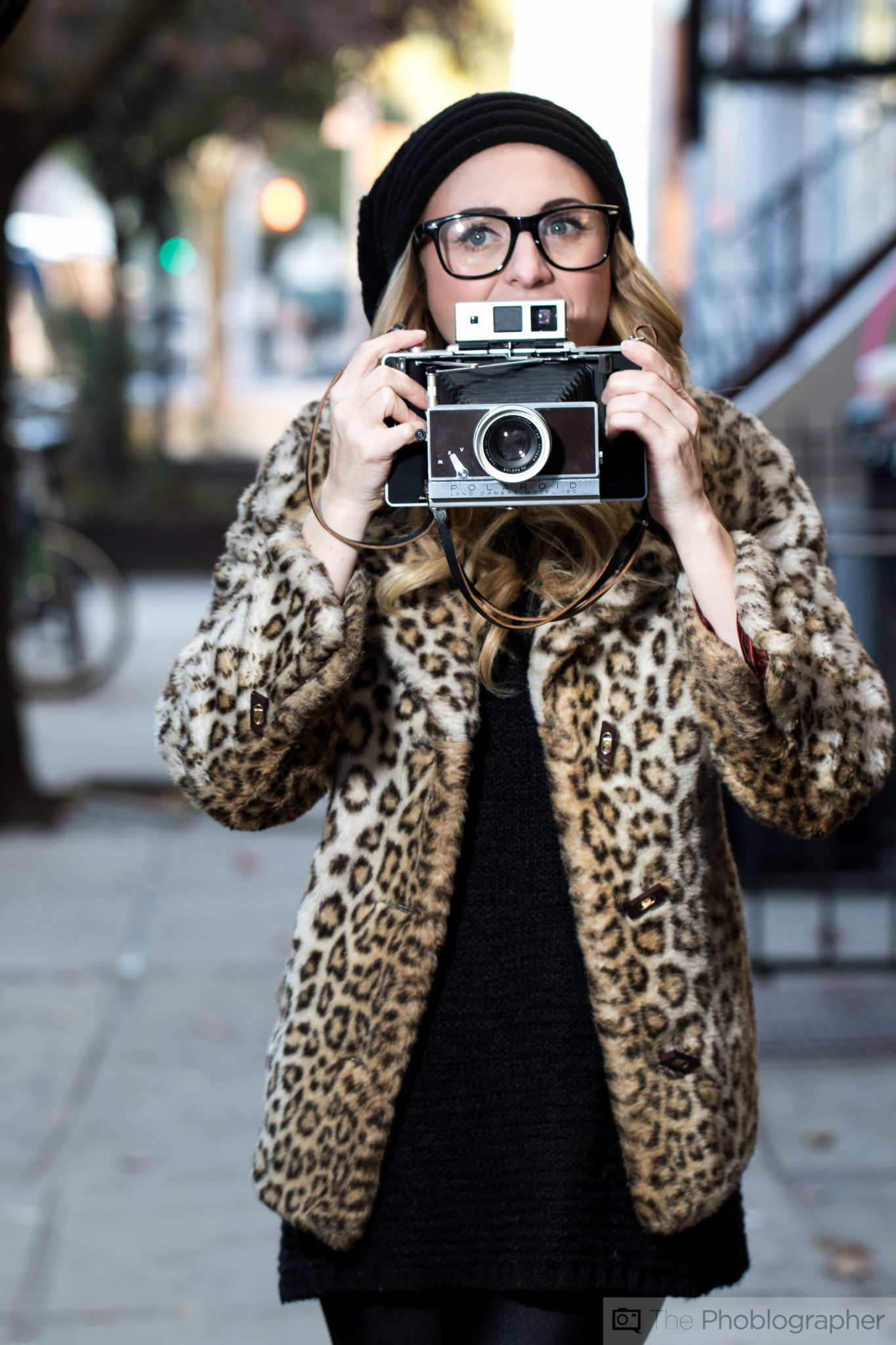
People are just like you: they want something. If we can’t deliver it, we should say no.


